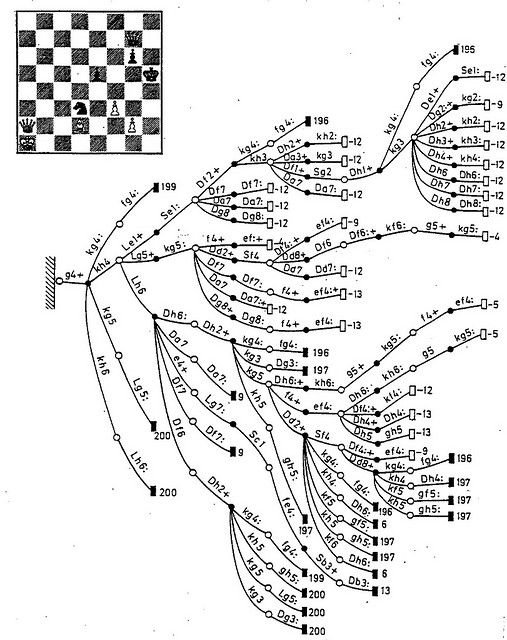Description ability: A key way Masters differentiate from Novices.
/By Duncan Anderson. To see all blogs click here.
Reading time: 5 mins
Summary: Description ability = 1. Language ability (to describe each piece of the picture) * 2. Model ability (to put all pieces of the picture together cohesively)
The better you can describe something (language ability), normally the more you can understand something. The more you can understand something (model ability), normally the more you can help improve something.
Jingle: If your mind is thoughts, then improving description ability is like going from a low res to high res!
++++++++
Details
Dreyfus taxonomy - Novice to Master
They say it often takes 10,000 hours to go from a novice to a master.
1s hours = Novice
10s hours = Competent
100s hours = Proficient
1,000s hours = Expert
10,000s hours = Master
But what are some of the things a Master can do that a Novice can’t? After all, just because one has spent time trying to improve, doesn’t mean one has actually improved!
Outcome = 1. Language ability to describe each piece * 2. Model ability to build the full picture
1. Language ability to describe each piece
A novice doesn’t have the language to explain / describe the piece.
A master has language to explain the piece in high resolution.
2. Model ability to build the full picture
A novice can’t put the pieces together into a model that represents 80%+ of the problem space.
A master has made models of the problem space through experience that means they can calibrate new ideas and give high quality feedback really quickly.
Ok some numbers for fun.
IMO the value of being able to describe pieces well and build models that explain problem spaces well is exponential. So a master isn’t a bit better than a novice, they are 100x+ better.
For example, often Novices don’t know they are Novices (see the Dunning Kruger effect) and can have false confidence about a proposal helping. Often a Novice can be more harm than help.
Some more numbers to possibly illustrate things.
This is saying a Master is ~100x more valuable than a Novice.
Examples
Some thoughts from education research
One difference people talk about between Novices and Masters is that Masters have joined individual pieces of knowledge together into ‘chunks’ and built lots of schemas (models) up over time that allow them to see the world differently.
One example of this is that chess grandmasters normally can look at a chess board and recreate it, but novices can’t.
Masters don't have a photographic memory (I don't think there is such a thing, but this is a story for another day), they aren't seeing individual pieces on the board but have schemas (models) to see strategy from their side as well as the other player.
So a Master is able to remember where all the pieces are as they are looking at their strategy as well as the others strategy. They are seeing a cohesive picture.
Whereas a Novice is still trying to remember what pieces do which moves. Trying to describe each piece.
So what a Master sees and what a Novice sees are two different things. And this is for something physical you are looking at, wait until the problem space (chess board in this case) is metaphysical.
However when a chess grandmaster is shown a Go board they can’t remember it and remake it. They are a Novice at Go.
What a Chess Grandmaster can do.
What a Novice can do
Description Ability Levels
L0: Can’t describe pieces accurately
L1: Can describe pieces accurately
L2: L1 + Can build models that explain 80%+ off that data points you have
L3: L2 + User test to find where your model needs updating.
If you only take away one thing
To me language is one of the most beautiful things there is. The more words you have, the more possible thoughts you can have!
The invention of the word ‘FOMO’ is akin to inventing a new emotion.
If you are really good at something (Expert / Master) you are effectively speaking a different language to someone new to an area (Novice).
I’m a horrible cook, if I walked into a high end restaurant I wouldn’t understand half of what they said and also couldn’t do 90% of what they do.
Levelling up your language ability to be able to describe something, and levelling up your model ability to understand problem spaces, is one of the most fun things I know of because it makes the world so much more ‘beautiful’. You can literally see and understand way more!
The more you know about something normally the more interesting it is. = The better one’s ‘Language ability to describe each piece’ the more interesting something is.
The better you are at something normally the more rewarding it is. = The better one’s ‘Model ability to build the full picture’ normally the better one is at something.
I recommend systematically trying to level up your Description Ability. Writing all the time is one way to try do this.






